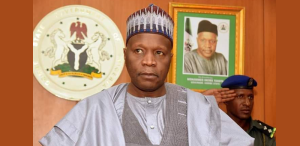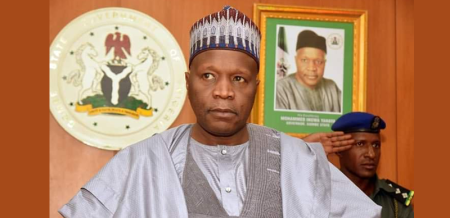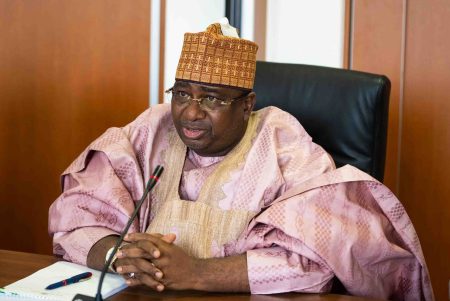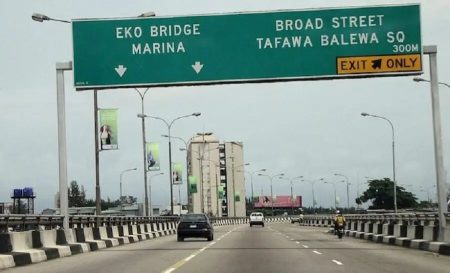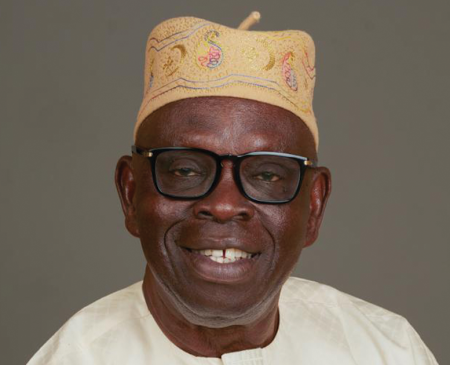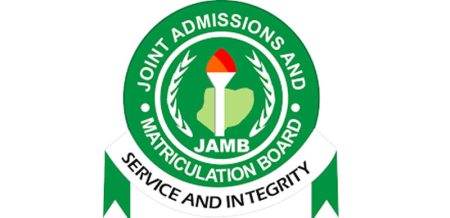Maurice Ampaw, a prominent lawyer and staunch member of the New Patriotic Party (NPP), has offered a revealing glimpse into the internal dynamics of the party during the lead-up to a recent election. His candid admissions, made on a Wontumi FM radio show, contradict the public narrative carefully cultivated by the NPP and expose a strategic calculation to undermine the perceived threat posed by the then NDC flagbearer, John Dramani Mahama. Ampaw’s statements depict a party deeply aware of Mahama’s political prowess, despite outwardly projecting an image of confidence bordering on dismissiveness. This confession underscores the complex interplay of public perception and private strategy that often characterizes political campaigns.
Ampaw’s most striking revelation was the acknowledgement of Mahama as the NPP’s “biggest threat.” This stark admission contrasts sharply with the public portrayal of Mahama as a spent force, a politician whose time had passed. The NPP’s campaign rhetoric consistently depicted Mahama as clinging to past glories, unable to offer fresh solutions to the nation’s challenges. This deliberate downplaying of Mahama’s capabilities, according to Ampaw, masked a deep-seated respect, even fear, within the NPP ranks. The party’s leadership, recognizing the potential danger posed by Mahama’s candidacy, orchestrated a concerted effort to diminish his standing in the eyes of the electorate.
The strategy, as outlined by Ampaw, was to systematically dismantle Mahama’s public image. This involved sowing seeds of doubt about his competence and vision, creating an impression of inadequacy. The aim was not to convince the public that Mahama had nothing to offer, but rather to obscure the perceived “too much” that he brought to the table. This calculated approach, Ampaw suggests, was a necessary tactic to neutralize a formidable opponent. The NPP recognized that a head-on confrontation based solely on policy and track record might not guarantee victory, hence the resort to a more nuanced strategy of image manipulation.
This admission raises important questions about the nature of political discourse and the strategies employed to sway public opinion. While political campaigning inherently involves elements of persuasion and rhetoric, Ampaw’s confession suggests a deliberate and calculated effort to misrepresent the opposition’s capabilities. This tactic, while arguably effective in achieving its immediate objective, potentially undermines the electorate’s ability to make informed decisions based on a clear and accurate understanding of the candidates’ strengths and weaknesses. The potential long-term consequences of such strategies on public trust and the integrity of the democratic process warrant careful consideration.
Furthermore, Ampaw’s revelation sheds light on the internal dynamics of political parties. The contrast between the public pronouncements and the private acknowledgements reveals a strategic disconnect between the image projected to the electorate and the internal assessments of the party’s leadership. This discrepancy raises questions about the transparency and authenticity of political communication, highlighting the potential for manipulation and strategic misdirection in the pursuit of electoral victory. The public, often privy only to the carefully curated narrative presented by political parties, may be left with an incomplete or even distorted understanding of the true political landscape.
In conclusion, Maurice Ampaw’s post-election confessions offer a rare and insightful glimpse behind the curtain of political strategy. His candid admissions expose the calculated efforts undertaken by the NPP to undermine the perceived threat posed by John Dramani Mahama. The deliberate attempt to dismantle Mahama’s public image, despite recognizing his inherent capabilities, raises fundamental questions about the ethics of political campaigning and the potential impact on public trust. The discrepancy between the NPP’s public narrative and its private acknowledgements underscores the complex interplay of perception and reality in the realm of politics, highlighting the need for critical engagement with political messaging and a discerning approach to evaluating the claims and counterclaims that characterize electoral contests.


